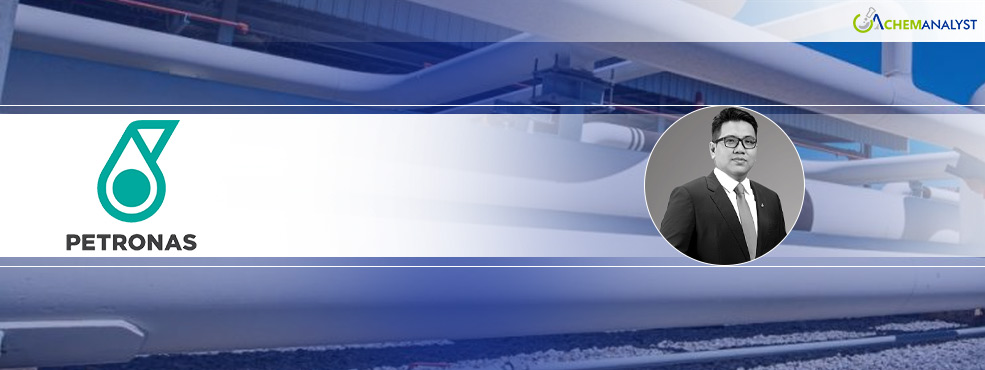Welcome To ChemAnalyst

Petronas has announced its decision to decommission the Sabah Sarawak Gas Pipeline (SSGP), a crucial component of Malaysia’s energy infrastructure, by the end of 2027, according to Upstream. The RM4.6 billion ($1.5 billion) pipeline, which was originally designed to transport gas from offshore fields in Sabah to the Petronas LNG Complex in Sarawak, has faced multiple operational setbacks since its inception. Persistent leaks, fires, and structural integrity issues have plagued the 512-kilometer pipeline, leading to the company’s decision to cease its operations.
The SSGP, with a 36-inch diameter, was built to handle a daily gas flow of up to 750 million cubic feet (mcf/d). However, safety concerns and recurring incidents have severely impacted its reliability. One of the most severe issues occurred in September 2022 when a significant leak near Lawas, Sarawak, resulted in a partial shutdown of the pipeline. The leak was attributed to soil movement and subsidence, further complicating efforts to maintain the infrastructure.
Petronas CEO Tengku Muhammad Taufik confirmed that while the company does not plan to reroute the pipeline near Lawas, parts of the SSGP will continue supplying gas to customers in Sabah. Despite the challenges, Petronas remains committed to serving the region while preparing for the full decommissioning process over the next few years.
The SSGP has been fraught with operational issues from the beginning. The first major incident occurred in June 2014 when a fire broke out along the pipeline in Lawas, resulting in fatalities and prompting an immediate shutdown. The following year, in January 2015, Petronas launched a comprehensive integrity assessment to evaluate the safety and durability of the pipeline, emphasizing its commitment to protecting both the infrastructure and surrounding communities.
Additional problems emerged over the years, including a gas leak in January 2018, which Petronas insisted was not an explosion, despite local reports suggesting otherwise. In May 2019, another leak was reported, and by January 2020, a fire resulting from a rupture further compounded the challenges associated with operating the pipeline.
The most recent disruption in September 2022 forced Petronas to declare force majeure on gas supplies to Malaysia LNG Dua, a key part of the nearly 30 million tonnes per annum liquefied natural gas (LNG) complex in Bintulu. The pipeline leak, again linked to soil movement and subsidence, underscored the ongoing risks and operational difficulties.
Given the history of incidents and maintenance challenges, the decision to decommission the SSGP represents a strategic move by Petronas to mitigate risks and enhance safety. While the company will maintain gas supply commitments to Sabah, the retirement of this troubled infrastructure marks a significant shift in Malaysia’s energy strategy. Petronas will likely focus on alternative solutions to ensure long-term energy stability for the region.
We use cookies to deliver the best possible experience on our website. To learn more, visit our Privacy Policy. By continuing to use this site or by closing this box, you consent to our use of cookies. More info.
